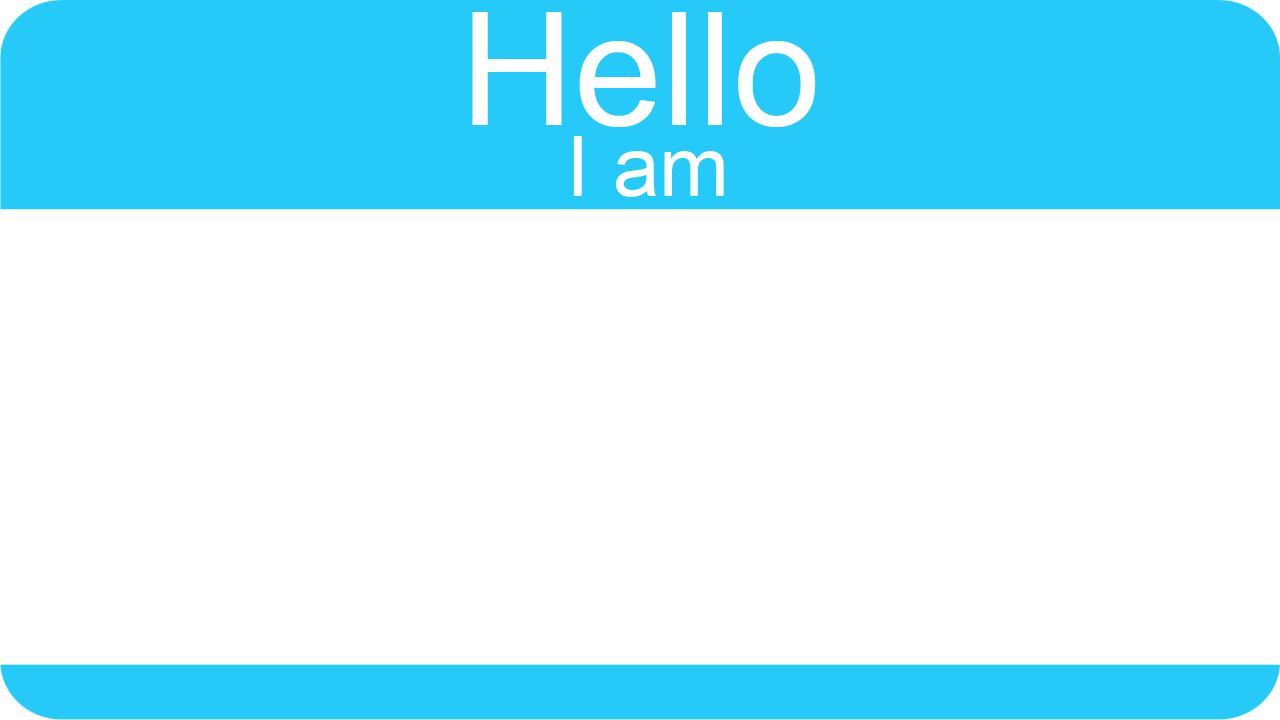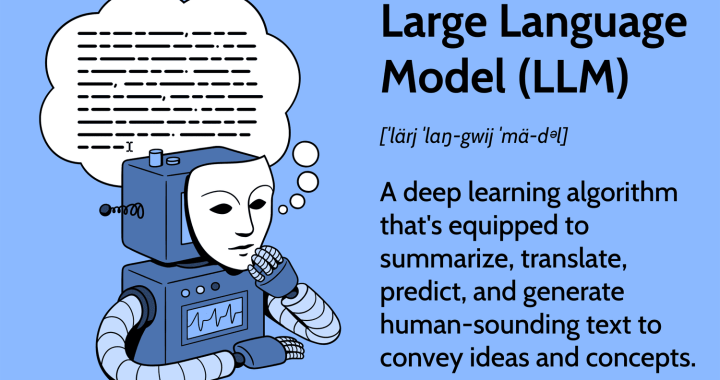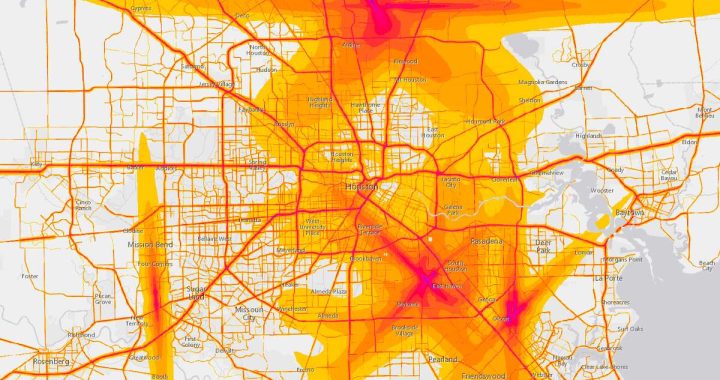In response to The New York Times article “650 Prompts for Narrative and Personal Writing.”
2:31 PM. Brooklyn cafe, big windows. Lots of sunlight, rain and snow flakes. A friend of mine commented on a guy she likes and said he only concerns himself with his work. “I want to be like him,” she said. “Self-important.”
I took a bite of my pain au chocolat, and chewed until I could think of something to say.
“What’s so great about being self-important?”
“Well,” she said, leaned into the table. “You’re self-imporant.”
“?”
“You take your life seriously, you get up early, you care about your work.”
“What I do is important to me, but I don’t call myself that.”
“What do you call yourself?” she asked (foreshadowing the NTY question I answer in this post).
“When I write about myself in my journal, I don’t write ‘self-important’; that’s all. It isn’t how I see myself.”
“How do you see yourself?”
I gave a quick answer. Had there been more tea, I would have stalled then and there at the cafe, to think of something. I couldn’t. Now, two days later, a flight later, I am in another state, TEXAS, still pondering the question, drinking tea. What do I call myself? What have I made myself into? The risk of pretension is huge. The possibility of over-estimating myself exists. Greater still is the possibility of underrating myself. Details and quotes will guide us today.
I saw a TED this week, forwarded by a buddy of mine in sales, medicine, who dedicates himself to “learning about people,” and in the TED talk the speaker suggests we “Know Our Value,” and then “Communicate That Value,” citing examples of businesswomen who don’t ask for what they deserve. “Well” — echoing my lady friend — am I “self-important?” No. But I am proud of what I’ve become, and I’m ebullient about what I am becoming.
This essay will try to communicate my value.
I have made a routine. My life is a series of hand-dug moats and aquifers that draw water to the aspects of my life that need feeding, and protect them from outside forces. What I mean is, I have made routines. I get up early every morning, 5 AM today, 7 AM yesterday (the day of my flight), 6:30 AM the four nights previous (days I teach). I write for thirty minutes every morning, immediately after waking up (flexible, should I need to use the restroom literally-first-thing-in-the-morning). Then breakfast. Then shower. Stretch, dress for work, bounce. I catch the train by 7:45, and am at work thirty minutes before class at 9 AM. Everything before that constitutes the “me”-time I consider the foundation of my Everyday. Everything else revolves around that, or is in service of that — moats, aquifers.
I live in New York to write. I teach English to adults so I can write. I read so I can relax and feel inspired, so I can write. Write write write, right? I consider myself a writer, and anything else outside my world of typing or writing words exists as a satellite. But I hesitate to attach too much importance to this world of writing. Or maybe that’s how I feel about what I do. At a bar this week, one by one my friends paid their tabs and left. “Why so soon?” I asked. Because — they explained, one by one — I am going to write. It made me sad to see them leave.
It’s weird to think like that, I know. And yet, I have stayed in many a night just for that reason, or to read. A student once asked his professor, one of the great writers of his time, what he should do to improve his writing. The professor responded, “You should read all the great philosophers of history, then all the holy books of various civilization, and then the western canon of literature.” The student looked at his professor in amazement. “But, professor, how?” The professor replied, “Stop eating and stop sleeping.”
Yeah. Silly. Just as silly to say what I wrote two paragraphs above, about everything outside of writing being a satellite in my life. Jesus, how untrue. I care about family. I care about health. I care about other people’s stories. Thing is, when I write, I exaggerate. When I teach, I am 100% in. To quote old aunt J, “When I makes tea, I makes tea.” I think more accurate than saying, “I am a writer,” is to say, I am what I am engaged in. At least that is my personality. A brother of a friend of my grandmother’s once concluded a session on numerology with this: that the most important thing is one thing: focus. All else is illusion. Focus. (Edit: I am in tune with my thoughts and feelings. I cultivate a method to stay in tune. My words flow from this in-tune-ment. Maybe I consider myself important after all. To quote homeboy from Network, “I’m a human being, goddamn it. My life has value!” Why quote others when writing about myself? Because I can only try to talk about myself, and in trying, I borrow. You are what you eat, in this case words.)
A similar lesson from the book we read this week for seminar — called Dept. of Speculation — which ends with the wife and husband character finding reconciliation after a messy affair. They are standing outside of a farm, grateful to be out of the big city, gazing at the last remaining leaves on a distant tree at the start of winter. “The leaves have snow on them,” the husband says. “See?” It’s all about attention, according the narrator, implicitly, I think (probably misquoting the author, as she’s misquoted other writers in her book), having given the reader 170 pages of scattered impressions and isolated gestures and seemingly disjointed thoughts and quotes — though they all revolve around a central theme, an unnameable truth — the impressions are not distractions — like this hopscotching tangent in my prose, on this very page — aiming at my own unnameable truth — CIELO — who am I? what have I made myself? — this essays tries to answer, yet lyrically, because how you answer is as important as what you answer — did you know the word for “sheet of paper” is the same word for “leaf” in Arabic? — it all means something: uadak / ورق
A similar-similar lesson in Tolstoy I read this week. The essay was recommended by one of my professors. I am trying to understand Anna Karenina’s ending. I want to save her in a short story. And even that is for a reason. And this all has something to do with how I’ve become what I’ve made myself. I am a writer. I am a thinker. And right now I’m making myself write about it. See?
I trust I’m worth your time. I know I am worth mine. Let’s write together. Let’s read our work. I am after one thing: the good life. Nothing more. What have you made yourself? Are you bold, are you underscored, are you in italics? Do you cross yourself out, are you highlighted? Maybe you want to be self-important — I should have told my friend — because maybe you don’t feel important. Well, if we’re grabbing tea, then you are important to me. Here’s a sharpie. Right your name, please. And a 1221-word description.




